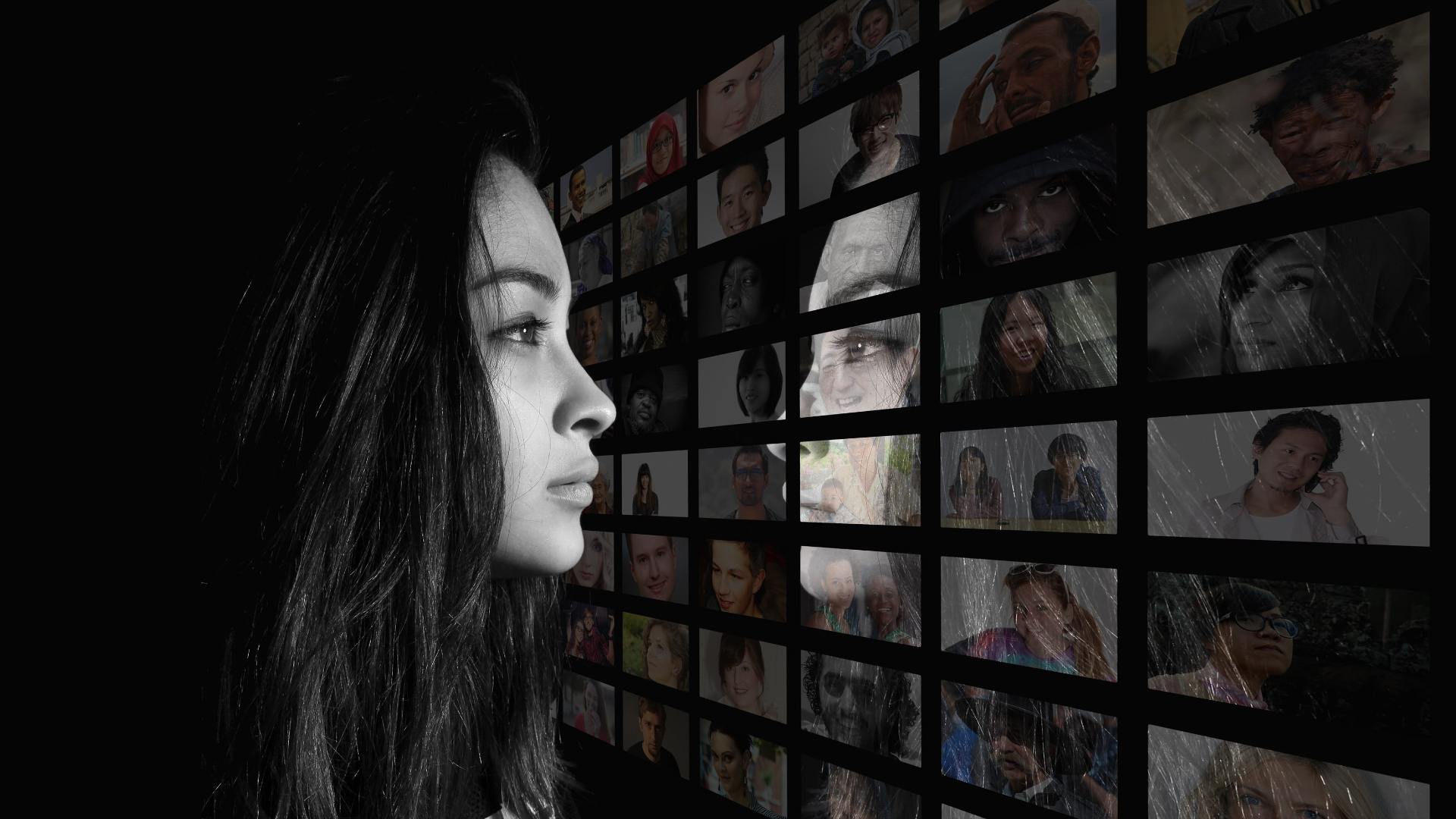Recent Case shows how Creating AI Deepfake Porn is being taken seriously as a criminal offence.

Clampdown on use of AI to Create Deepfake Porn Highlighted By Sentencing of Essex Man.
As criminal defence solicitors, we are issuing a stark warning to anyone considering the use of artificial intelligence (AI) to generate deepfake pornography—this is no longer a legal grey area.
The law in England and Wales has been strengthened significantly, and those found guilty of such actions face severe custodial sentences, as demonstrated in a recent high-profile case.
Five-Year Sentence for Creating AI Deepfake Porn
In a landmark ruling at Chelmsford Crown Court, Brandon Tyler, 26, from Braintree, Essex, was sentenced to five years in prison after creating and distributing AI-generated sexually explicit images of women he knew.
The case marks a crucial moment in the UK’s fight against image-based sexual abuse, especially as legislation continues to evolve to address modern digital threats.
Tyler was convicted of 18 counts of causing harassment without violence and 15 counts of sharing intimate images for sexual gratification.
The offences involved at least 20 victims and spanned 173 online posts between March 2023 and May 2024.
AI Deepfake Pornography: A Growing Legal Threat
This case serves as a clear indication that the courts are taking these offences extremely seriously. Tyler used AI tools to manipulate images of women—some as young as 16—harvested from social media.
The court heard that he posted these altered images on forums known for glorifying sexual violence, sharing victims’ names, social media handles, and phone numbers in an apparent attempt to maximise humiliation and distress.
One post featured an image of a victim accompanied by the question: “Which one deserves to be gang raped?” The presiding judge condemned Tyler’s actions as “the worst kind of toxic masculinity” and noted that he “lived in a dark world of fantasy.”
New Laws in Place: Creating AI Deepfake Porn is Now a Criminal Offence
As of April 2024, the creation of sexually explicit deepfake imagery is officially a criminal offence under UK law. This significant legal development reflects the government’s recognition of the harm caused by AI-driven image abuse and the need to protect individuals from technological exploitation.
For criminal defence practitioners, it’s vital to understand the scope of these changes.
Offenders can be prosecuted even if the manipulated images were created using publicly available social media content and regardless of whether physical contact occurred.
Intent to cause distress, humiliation, or obtain sexual gratification is enough to result in prosecution.
A Cautionary Note for the Public
We urge the public to be fully aware of the implications of engaging with or distributing AI-generated sexually explicit content.
In today’s legal landscape, what may once have been viewed as a niche or emerging offence is now firmly within the scope of criminal prosecution.
This case also highlights the digital footprint left by offenders. Tyler was ultimately caught after accidentally including his own Instagram handle in a screenshot.
This illustrates how, despite the anonymity often assumed in online spaces, digital evidence can and will be used in court.
Protecting Victims, Prosecuting Offenders
The criminal justice system is becoming more adept at handling complex cases involving digital abuse, and there is a clear appetite from both lawmakers and courts to crack down on this type of behaviour.
The psychological toll on victims is devastating, with several in this case reporting lasting emotional trauma and social consequences.
As criminal defence solicitors, we also stress the importance of early legal advice.
With new offences being introduced and sentencing becoming more severe, individuals under investigation for any kind of online sexual offence must seek professional legal representation immediately.
How we can Help
If you have any questions or concerns regarding any sexually-related offences it is imperative to seek legal representation immediately. Contact us today for a confidential consultation on 0161 243 0299 or email us.


